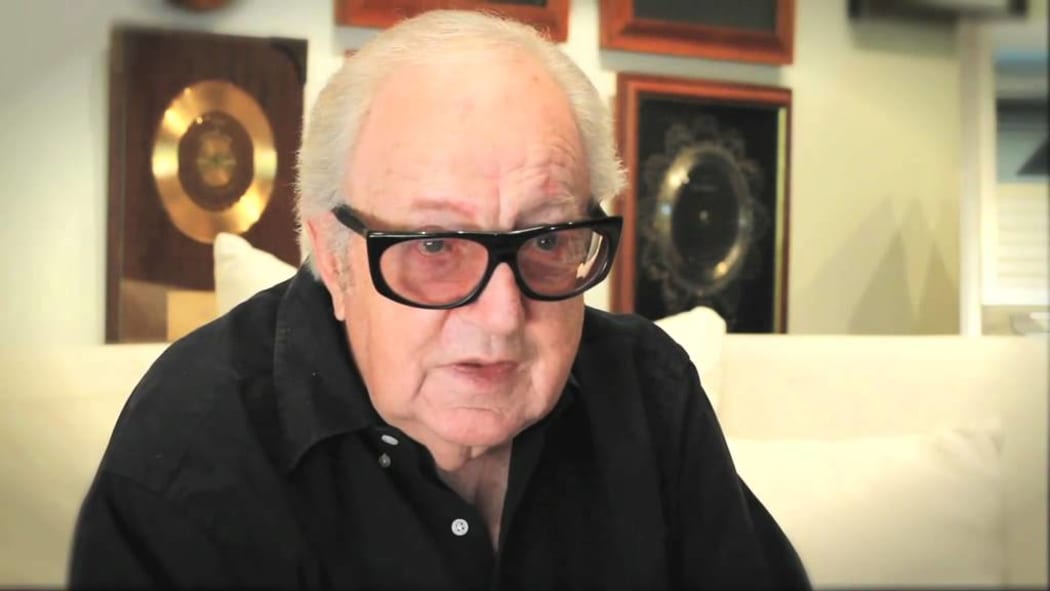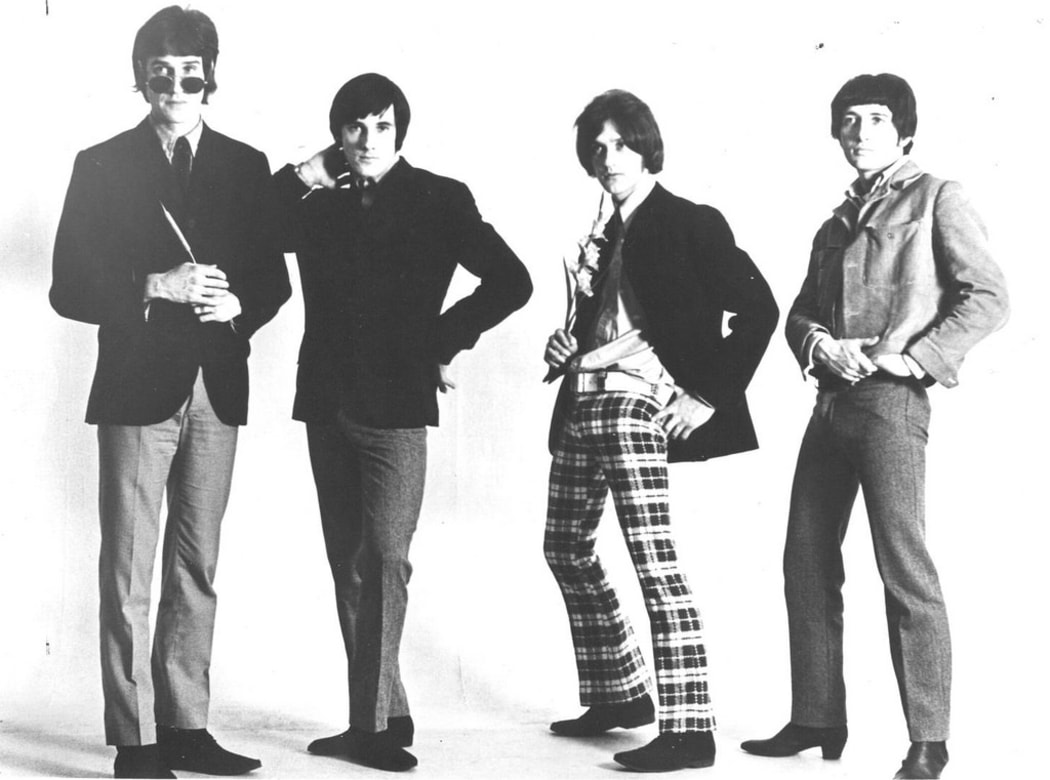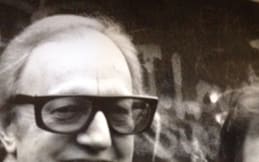After a brief career as a pop singer in the late 1950s and early 1960s, Larry Page became a successful music manager, record producer, and record label owner.
He worked with The Kinks and most successfully The Troggs, for whom he produced a string of hits, including their biggest hit single, ‘Wild Thing’.

Larry Page Photo: YoiuTube
Page now lives on Australia’s Central Coast and still has an involvement in the business he says he loves.
“I’ve still got the [music] catalogue, so I’ve got lots of songs I can work on, masters I can work on - and I just keep my hand in.”
Ray and Dave Davies of The Kinks have had a famously fractious relationship over the years and Page says sibling fights and band altercations were the norm in the mid-sixties when he was looking after them.
“They were unbelievable, I’ve managed them twice. I found them when they were a little group called the Ravens. I got them on big tours, got them a number 1 record but all they wanted to do was fight - which they did very well.”
A fight on stage in Cardiff left Dave with 16 stitches in his head after drummer Mick Avory, taking exception to Davies questioning his drumming chops, smashed him over the head with a cymbal.
Davies slumped bleeding and unconscious to the ground and Avory - inconspicuous in a pink hunting jacket and regency boots - fled the gig fearing he’d killed his band mate.
Avory emerged from hiding three days later when he learned Davies was alive, and not pressing charges for attempted murder.

The Kinks: Famously fractious. Photo: Supplied
“We were due to go to America to open a tour there – all the papers were carrying the story, the Kinks will never work again, the end of the Kinks - and it was the end of it.
“I phoned them up individually and said be in the office on Friday at 4 o clock so they all turned up and I said your playing here, here here …”
The American tour that followed in 1965, Page says, was a horrible experience.
“On board the plane, on board the coaches I had two up the front two up the back and I would sit in the middle. It was a nightmare tour.
“And then I got them to LA and we were on at the Hollywood Bowl and I got a call from Pat Doncaster of the Daily Mirror in London who said I’ve just got a call from Ray he’s not going on stage tonight.”
Page went to Davies’ room and begged the truculent frontman to perform.
“I spent all day begging, pleading and I got them onstage and I took the next flight out! I didn’t need it.”
The band’s rowdy behaviour on tour led to them being banned from touring the US for four years at the height of their success. Meaning they largely lost out on the fruits of the first ‘British Invasion’.
There’s little love lost between the brothers Davies to this day, says Page.
“Dave had a stroke a couple of years ago and Ray went ‘oh I paid all the expenses, took care of all the hospital bills’ and then Dave put out a statement saying Ray didn’t do a bloody thing!
“There’s a musical running in London at the moment called Sunny Afternoon. I’ve got the programme and it says a fictitious account of some facts – now what the bloody hell that means I don’t know! But what it means is it gives Ray a licence to lie his head off.”
Despite such a bad experience in the 1960s, and a subsequent legal stoush between Page and the band, he returned to the fold to manage them in the 1980s.
“I thought, I wonder if he’s [Ray Davies] changed? if I could do this again? I kept telling everyone, it’s going to be a nightmare !”
Page’s misgivings proved correct.
“I was the Richard Burton of the music industry!”
Ray Davies testified in court that he hated Page, but The Kinks, he says, did well on his watch.
“The deals that I set up the stayed in place, the record deal stayed in place and they earned millions out of it.”
After his first spell with the Kinks came to an end, The Troggs entered the picture. Page produced their breakthrough hit ‘Wild Thing’ which had been recorded before a number of times but remained in obscurity.
“I stripped it down, but then everybody hated it, I walked round the BBC and they hated it, nobody would play it.
“I was walking down Bond Street one day and I bumped into an ex-BBC producer. He said, ‘How are you Larry?’ and I said ‘I’m actually pissed off I’ve got a hit record and nobody will play it.’
As luck would have it this producer was filling in on a Saturday BBC radio slot and played the record.
“It took off like a rocket,” says Page.
The Troggs’ image was more innocent than The Kinks - hicks from Hampshire rather than North London louts.
‘It wasn’t an image, they were! They were completely the opposite of The Kinks.

Larry Page and Reg Presley Photo: Supplied
“Reg [singer Presley] would say ‘I’m not singing that bloody song and I’d say, ‘You wrote it Reg!”
Page was partner with Dick James, who had the Beatles’ publishing, and would watch weekly record sales keenly.
“I would watch the Beatles sales, I would watch the Stones sales, watch them ebb off and I then could get a Troggs record out in seven days or ten days.
“Now they plan 4 months ahead or something which is really weird, we saw record sales dropping off we were in there. It wasn’t just luck that we got airplay.”
Page still loves the music industry and has no regrets, he says, working for 50 years in a business that has brought him great joy.
That sense of good fortune is not shared by all his contemporaries he says.
“I’m sad, because I’ve come across people like Ray, who is an a-hole I think is the word, I mean Ray is a nasty piece of work. I’ve said it so many times on air in the paper. And he doesn’t sue me!”

